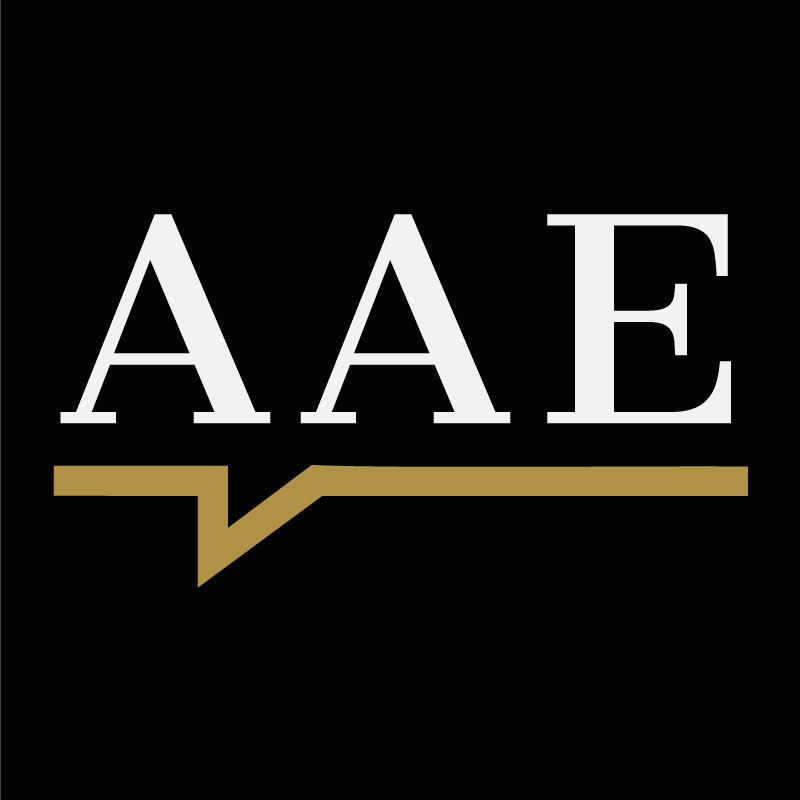“To achieve great things, two things are needed: a plan and not quite enough time.”
~Leonard Bernstein
In my last two posts, we talked first about selecting the right speaker, and then about how to negotiate the speaking offer. Today, we’ll talk about how to prepare your speaker for their upcoming presentation at your event.
First and foremost though, congratulations on booking the speaker you chose! You will be able to glean a lot of what happens next from the contracting stage, especially when it comes to scheduling travel arrangements.
Whether you are planning for an event in the next two months or the next year, what’s most important is to have a plan that considers all of the following.
Starting to Promote Your Speaker
Once you’ve booked your speaker, it’s the right time to request a copy of the speaker’s approved biography and headshot or other photos for promotional purposes. Whether your event is internal or external, you’ll want to always request approval from the speaker to use these materials. Keep in mind that it may take 5-7 days to receive approval after requesting it, so we always recommend this step early in the process.
Getting Your Keynote Speaker to Your Event
Whether you are planning to coordinate travel directly or you are working with a speaker bureau to assist, start by reviewing what transportation options may be needed. This is often documented in the speaking contract. This process typically happens about 3 to 4 months before the event.
This is the stage where you begin to build the event itinerary for the speaker. Items that get discussed at this point:
- Travel preferences (also, check the contract to see if the speaker is traveling alone or if you need to book travel for additional people per your agreement.)
- Hotel arrangements and room requests
- Dietary restrictions and requests
- Green room requests, if applicable
- A/V needs
- Onside contact details
Once preferences, needs, and requests are identified, and travel and hotel arrangements are confirmed, remember to document what’s been set in your itinerary. Also, it’s a best practice to build a travel contingency plan. Have a backup flight selected and an alternate option for ground transportation in case the speaker misses their first flight or ride, and always allow for plenty of time for the speaker to arrive at your event destination.
Begin the Speaker Prep Process
To get the absolute best results from your event speaker, it’s crucial to make sure the speaker has a full understanding of the theme, tone, and audience attending your event. About 2 months before your event, schedule your prep call with your speaker, and begin to prepare the following to be discussed with your speaker:
- What is the theme of your event? The theme was probably mentioned during the contracting process, but it’s beneficial to revisit this discussion as you begin to prepare your speaker. Help your speaker understand your organization, your mission, and why this theme was chosen.
- Who else is speaking? Help your speaker prepare for your event by understanding the additional people participating in your event. If they are a keynote speaker, then who are the on before or after? If they are participating in a panel, who else is on the panel? If they are being interviewed on stage, who is doing the interview?
- Who is your audience? You may be very familiar with your audience, but your speaker likely is not. Help the speaker get a clear understanding of who is in the audience, how many people are expected, and what the demographics are of attendees.
- What is the goal of your event? Consider what success looks like. Is it to drive sales, launch new products, inspire employees, or provide a unique educational opportunity? Clearly defining your goals in advance and being prepared to answer this question is the first step to preparing your speaker.
- What are the key points you want the audience to take away from the speaker’s session? From inspiration to education, every event is different and as such, every speech should be tailored to the event’s audience and goals. Once you’ve defined the goals of the event, the key points from this session should align nicely within your goals.
The Final Countdown
“Either run the day or the day runs you.”
~ Jim Rohn
A week before the event, share the final travel and event itinerary with your booked speaker. The itinerary should detail all the relevant travel and onsite details the speaker may need to be aware of, including:
- Scheduled sessions, A/V arrangements, and dietary requests made;
- Onsite contact details, including names and phone numbers;
- Travel confirmations and details, including flight numbers and car service arrangements (if appropriate); and
- Any contingent plans in place related to travel that the speaker should be aware of.
A pro tip is to stay ahead of potential logistics issues around travel. It’s a good time to begin keeping an eye on the weather and news for possible causes of travel delays. Reserve a backup flight or arrange for a secondary car service, or arrange for entirely different transportation depending upon your event’s location. Being prepared for what might happen will help you avoid having an additional (and more urgent) situation to resolve during your event.
A few days before the event, it’s also a good idea to do a last check in with the speaker to confirm they have the itinerary and everything they need to attend and speak at the upcoming event.
Ready. Set. Go!
It’s showtime! At this point, you should be monitoring that your speaker’s travel is going according to plan, and that there are no expected delays. If needed, make adjustments that align with your contingency plan. Once the speaker has arrived at the event venue, ensure they have checked in with the on-site point of contact or event organizers.
Keep the speaker informed of any schedule changes and make sure they know where to be and when before their sessions. If the speaker is participating in additional activities during the event, such as book signings, meet and greets, or executive roundtables, be sure that all of the times and locations are clearly defined and communicated.
What’s Next
With all of the details and logistics that must happen to complete a successful event, of which coordinating a speaker is only one of them, you should pause at this point and celebrate everything you’ve accomplished. But while your event might now be completed, there’s still one last crucial part of the process that happens. In our last installment in this blog series, I’ll discuss what happens after the event — evaluating the success of your speaker’s engagement with your event.











